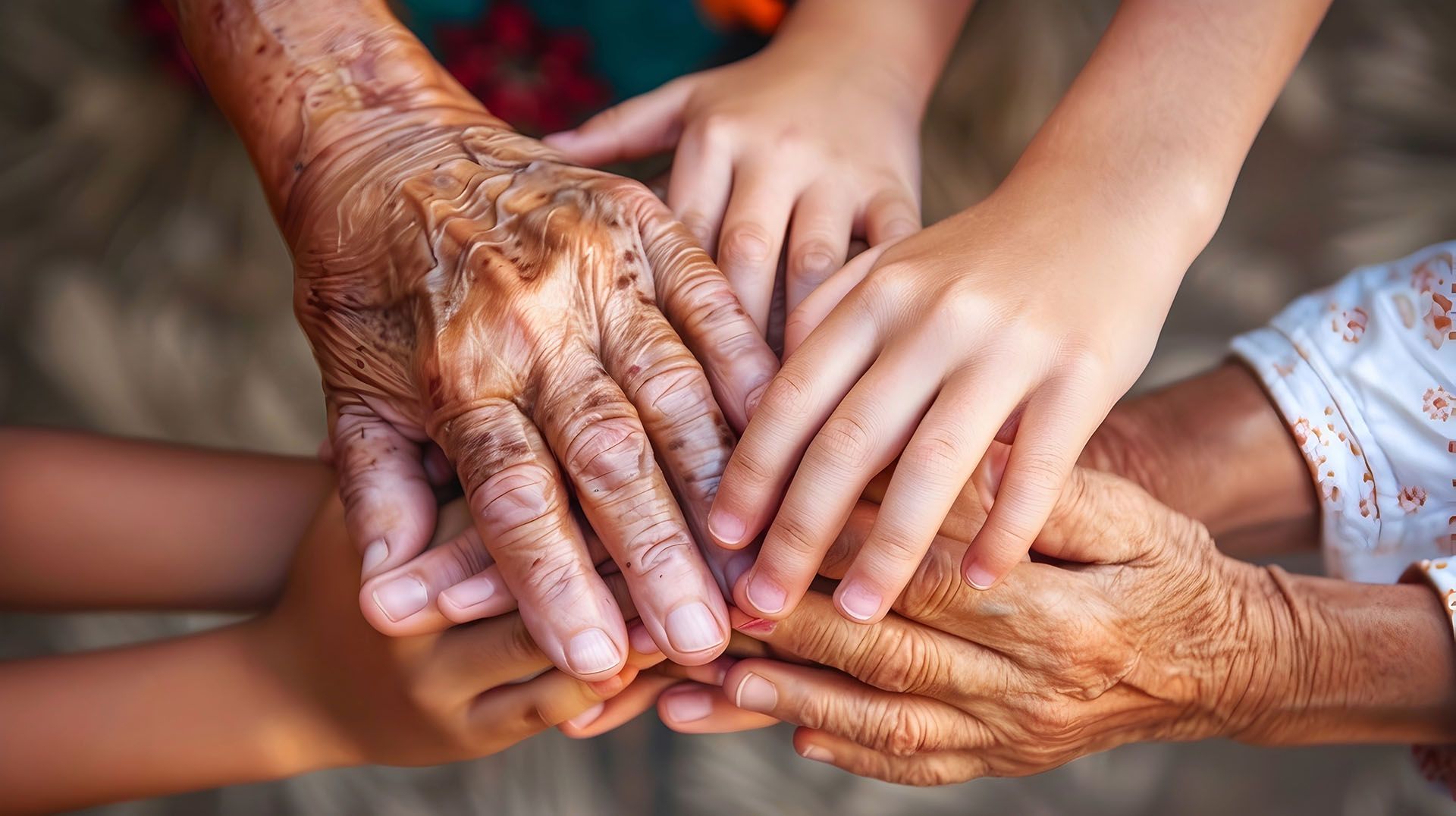Any Questions?
Caring for Someone with Dementia: A Comprehensive Guide
Dementia is a complex neurological condition that disrupts memory, cognitive abilities, and the ability to manage daily life. With Australia's ageing population, it's become the second leading cause of death nationwide, affecting nearly half a million Australians today. This number is expected to soar, with projections indicating that over 1.1 million Australians could be living with dementia by 2058.
In the face of this growing challenge, understanding the early signs, care options, and support strategies is vital. It not only helps in managing the condition but also plays a crucial role in ensuring a better quality of life for those affected and their families.
So, how can we better prepare ourselves and our communities to support those living with dementia as these numbers continue to rise? Let's learn more about dementia to navigate this journey together.
How Does Dementia Affect the Brain's Function?
Dementia occurs when the brain's nerve cells, or neurons, become damaged and can no longer communicate with each other effectively. This damage affects different parts of the brain responsible for memory, thinking, behaviour, and the ability to carry out everyday tasks. The changes in the brain vary depending on the type of dementia, but the result is a progressive decline in cognitive function.
For example, in Alzheimer's disease, the most common form of dementia, abnormal protein build-up in the brain leads to the formation of plaques and tangles. These disrupt the normal function of brain cells, ultimately leading to their death. In other forms of dementia, like vascular dementia, brain cell damage occurs gradually due to decreased blood flow. As more neurons become damaged and die, the brain begins to shrink, resulting in the memory loss, confusion, and behavioural changes typical of dementia.
Types of Dementia
Dementia is not a single disease but a group of related symptoms associated with cognitive decline. The most common types include:
Alzheimer's Disease
The most common dementia is marked by memory loss and confusion due to brain plaques and tangles.
Vascular Dementia
Caused by reduced brain blood flow, leading to issues with thinking and concentration.
Lewy Body Dementia
Involves protein deposits in the brain, causing visual hallucinations, movement problems, and fluctuating cognition.
Frontotemporal Dementia
Affects the brain's frontal and temporal lobes, leading to changes in personality, behaviour, and language.
Recognising the Early Signs of Dementia
Dementia mainly affects older individuals, with age being the most prominent risk factor. As dementia advances, it can lead to a decline in physical abilities, impacting activities like walking and swallowing.
Physical symptoms of dementia often include:
- Stiffness, unsteadiness, or slower movements, which can increase the risk of falls
- Challenges with coordination
- Muscle weakness
- Problems with swallowing (dysphagia)
- The control of bladder and bowel movements can be affected
The early signs of dementia can differ from person to person but often involve subtle memory issues and changes in thinking abilities. Individuals may begin to:
- forget recent events, appointments, or conversations more frequently
- struggle to find the right words during conversations or have difficulty following a storyline
- is misplacing items and finding them in odd places
- become more withdrawn, losing interest in activities they once enjoyed
- showing signs of anxiety or depression
- shifts in judgement, leading to uncharacteristic decisions
- confusion in familiar settings, and difficulties with planning and problem-solving
These early symptoms can sometimes be confused with normal ageing. However, if these signs are persistent or progressively getting worse, it’s crucial to seek medical advice for an accurate diagnosis and to explore options for support and management.
Diagnosis and Assessment of Dementia
Diagnosing dementia requires a comprehensive assessment to differentiate it from other conditions that may present similar symptoms, such as depression or a lack of certain vitamins. The process usually begins with a visit to a GP, who will examine the person's medical history, current symptoms, and any noticeable changes in behaviour or cognitive function. Cognitive tests, like the Mini-Mental State Examination (MMSE), are often used to evaluate memory, problem-solving abilities, and language skills to determine the level of cognitive decline.
To exclude other potential causes, the GP might order blood tests and brain imaging, such as MRI or CT scans. If dementia is suspected, a referral to a specialist, such as a neurologist or geriatrician, may be necessary for a more detailed evaluation. Additionally, assessing how well the individual manages daily activities is vital for understanding the amount of support they may need. Detecting dementia early is crucial as it enables individuals and their families to access the appropriate care and make informed plans for the future.
Impact on Families and Carers
Dementia impacts not just the individuals diagnosed but also significantly affects their families and carers on emotional, physical, and financial levels. Most people with dementia receive care from family members who often endure high stress and exhaustion. The financial strain can be substantial, as many carers find themselves needing to cut back on work hours or leave their jobs entirely to provide the necessary full-time care, leading to a loss of income.
The physical demands of caregiving are also considerable. Providing support with mobility, personal care, and daily activities can be exhausting and may lead to health issues for carers over time.
How to Approach Difficult Behaviours in Dementia
Here are some tips for caregivers and family members to effectively manage these behaviours:
- Observe and note patterns or situations that lead to difficult behaviours.
- Speaking softly and reassuringly can help de-escalate tension.
- Use clear and simple communication
- Introduce activities that are enjoyable and appropriate
- Ensure the living area is free from noise or distractions
- Validate their feelings even if the behaviour seems irrational
- Make daily activities predictable to help minimise feelings of frustration
- Consider involving occupational or behavioural therapists
- Participating in support groups can offer emotional assistance and helpful guidance
- Make sure to take breaks and engage in self-care to avoid burnout
- Reach out for professional help for both the caregiver and the individual
Healthcare and Support Services in Australia
Australia offers various support services for individuals with dementia and their families, including:
Home Care Services
Many people in the early to moderate stages of dementia prefer to stay in the comfort of their own homes. Home care services can help make this possible by providing support with daily activities like personal care, meal preparation, medication reminders, and household tasks. Australian government-funded programs, such as the
Commonwealth Home Support Programme (CHSP) and
Home Care Packages (HCP), offer different levels of support tailored to each person's needs.
Respite Care
Respite care offers a much-needed break for primary carers. This temporary relief can be provided in various ways, including in-home care, community day programs, or short stays in residential facilities. It ensures that the person with dementia continues to receive the support they need while their carer takes some time to rest and recharge.
Residential Aged Care
When caring for a loved one with dementia becomes too challenging at home, residential aged care might be the next step. These facilities provide around-the-clock support, including specialised dementia care units with trained staff who can manage complex behaviours and ensure a secure environment. Choosing a facility involves considering factors like location, available services, and the quality of care to find the best fit for your loved one.
Dementia-Specific Facilities
Some care facilities in Australia are specifically designed to meet the unique needs of those living with dementia. They provide a safe and secure environment with programs tailored to enhance the quality of life. This may include sensory gardens, music therapy, and activities that promote engagement and well-being, all aimed at creating a more fulfilling experience for residents.
Palliative Care
In the advanced stages of dementia, palliative care becomes essential to provide comfort and maintain dignity. This type of care focuses on managing symptoms, relieving pain, and offering support to both the individual and their family. Palliative care can be provided at home, in a hospice, or residential aged care, depending on what is best for the person and their family.
Final Thoughts
Awareness and education are key in navigating the challenges that dementia presents. By sharing stories, insights, and resources, we hope to foster a supportive community that empowers caregivers, patients, and advocates alike.
FOCUS Connect is a not-for-profit organisation in Campbelltown that provides aged care to individuals enrolled in the Commonwealth Home Support Programme and Home Care Packages. Our goal is to support them in leading independent lives at home while staying connected and safe in their community. If you need support, please call us at 02 4627 1188.
Related Articles

FOCUS Connect, a registered not-for-profit charity, provides practical assistance and support services to disadvantaged and marginalised individuals. As a My Aged Care provider, we offer Home Care Package and Commonwealth Home Support Programme services across South West and Northern Sydney. Additionally, we are a leading provider of community services to multicultural and culturally and linguistically diverse (CALD) populations across South West Sydney.
Need Support or Know Someone Who Does?
If you need support, call us at 02 4627 1188 or contact us via our online enquiry form, and we will get back to you shortly to discuss your needs and how we can assist you. If you know someone who could benefit from our services, refer them to FOCUS Connect to help them receive the support they need and deserve.












